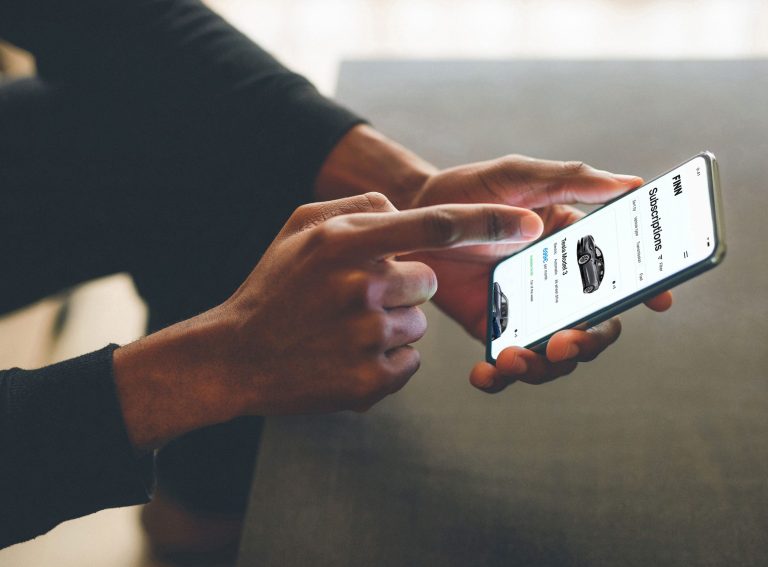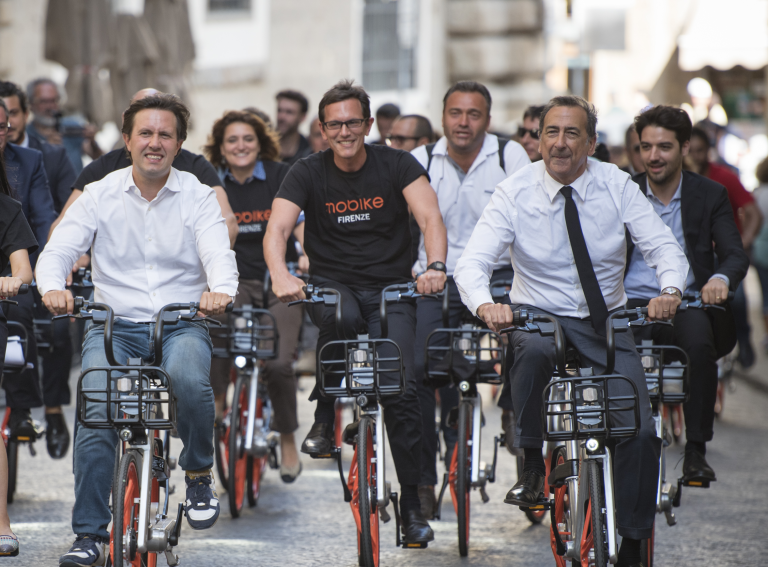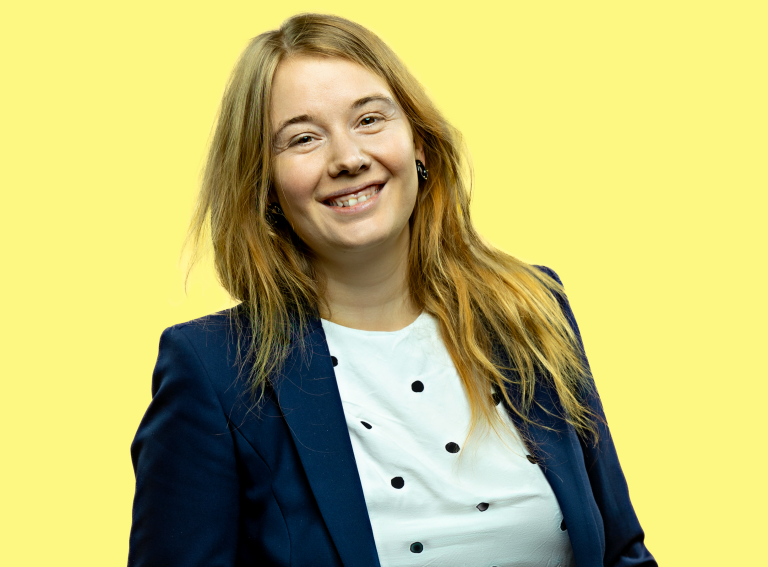Michael Given would likely not have believed the turn that his career has taken back in March 2020. During the initial COVID-19 lockdown, weary of endless Zoom meetings and quizzes, Given embarked on an unexpected journey; he took up the challenge of learning Icelandic, arguably one of the most complex Western languages for an English speaker, through the University of Iceland and a private tutor.
By May 2022, Given found himself in a key role at Hopp, an innovative Icelandic micromobility firm. Hopp’s unique franchise model sets it apart from competitors with franchises, rather than in-house operations, running e-scooter hire schemes.
Presently, Hopp oversees 42 thriving European franchises, in addition to 14 more in various stages of implementation worldwide.
“The majority of our franchises see a return on investment in under a year,” says Given. “This is a compelling proposition, especially for newly established businesses that usually struggle to turn a profit in their first year.”
The remarkable success of Hopp’s franchises validates the efficacy of its unique model. Given attributes this not only to the top-notch hardware and software Hopp has engineered, but also to the freedom it grants franchises to concentrate solely on delivering an excellent service.
Hopp equips its franchisees with cutting-edge tools that would otherwise cost millions to develop from scratch. “Our franchisees hit the ground running from day one, enabling them to focus entirely on their service. This is why so many are profitable,” says Given.
Furthermore, franchise owners bring invaluable local insight, often highlighting opportunities in regions that are neglected by less agile micromobility players.
Given cites an example: “One of our most successful franchises is in Kiruna, a city in northern Sweden with just 20,000 residents. The poor local transport infrastructure presented an opportunity for alternative solutions, and the franchisee seized it.”
Other successful franchises in smaller communities, such as the Vestmannaeyjar archipelago in Iceland, home to around 2,500 residents, demonstrate the potential of these underserved markets.
“A lot of tourists pass through to see puffins and the volcano that erupted in 1973,” explains Given. “It would never normally be considered by traditional micromobility firms, but the scooters allow tourists to see more of the island and boosts the local economy in the process.”
Looking ahead, Hopp is excited to announce its first franchise outside Europe: an operation in the Dominican Republic’s Cap Cana resort. With 100 Hopp e-scooters available, guests can effortlessly explore the extensive resort grounds and sprawling hotel complex. The University of Bahrain campus in Manama is also on Hopp’s global expansion radar.
“We’re actively pushing for micromobility to become a widely accepted concept, not just a tourist novelty, our success to date is testament to this,” says Given.
Hopp’s ambitious goal is to launch over 100 franchises by next summer. To support this exponential growth, it is increasing its internal team and opening a new funding round.
“We’ve been onboarding two to three franchises per month over the past year. We’re poised for a period of accelerated growth. Our new partners are enthusiastically committed to our mission of creating a carbon-neutral micromobility revolution,” asserts Given.
If the current trajectory of Hopp’s global expansion continues, Given’s language skills may have to stretch beyond just his Icelandic lessons.





